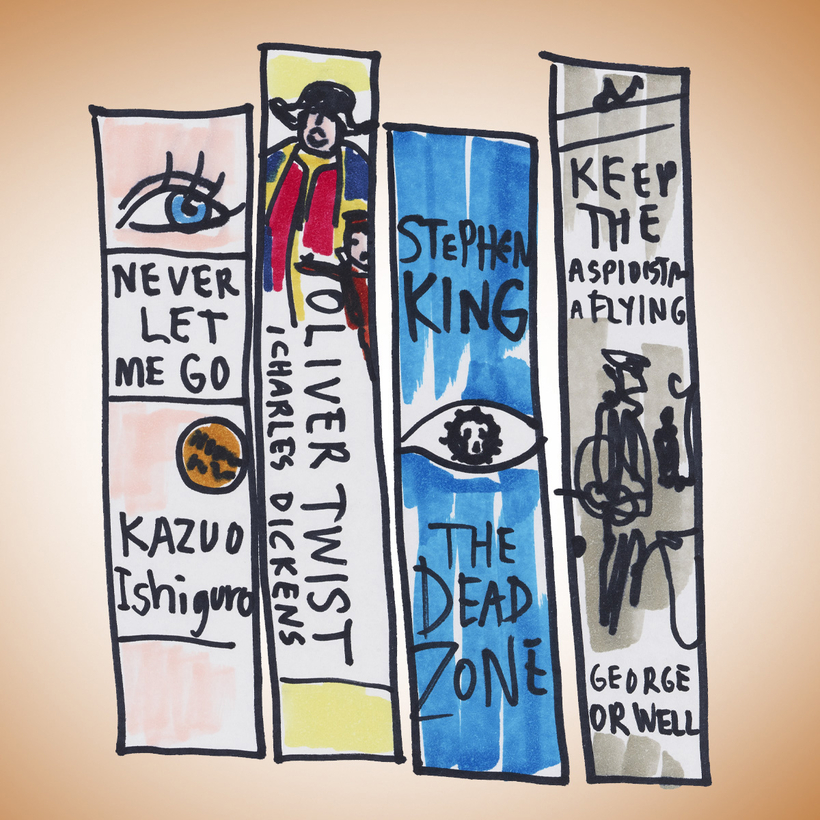Creating the superb TV series Foyle’s War would be enough of a credit for most writers, so it is a measure of Horowitz’s talent that he has also written a dozen books about Alex Rider, the teenage M.I.6 spy; a pair of Sherlock Holmes and James Bond novels at the behest of their authors’ executors; and his fiendishly clever send-up of publishers and mystery writers, Magpie Murders. Here, Horowitz—whose latest book, The Sentence Is Death, is out now from Harper—shares four of his favorite novels.
Never Let Me Go, by Kazuo Ishiguro
I am a huge admirer of Ishiguro’s and can only marvel at the elegance and purity of his prose and his unique, slightly oblique vision of the world. This novel, part horror story, part dystopian fantasy, is quite simply the saddest book I have ever read. Its main characters aren’t even human—they’re clones, and it soon becomes clear that their situation is hopeless. But it’s in their journey, as they come to an understanding of their hopelessness, that they become fully human. The final sequence, with the narrator reflecting on the past as she walks, alone, on the Norfolk coast, is unforgettable.


